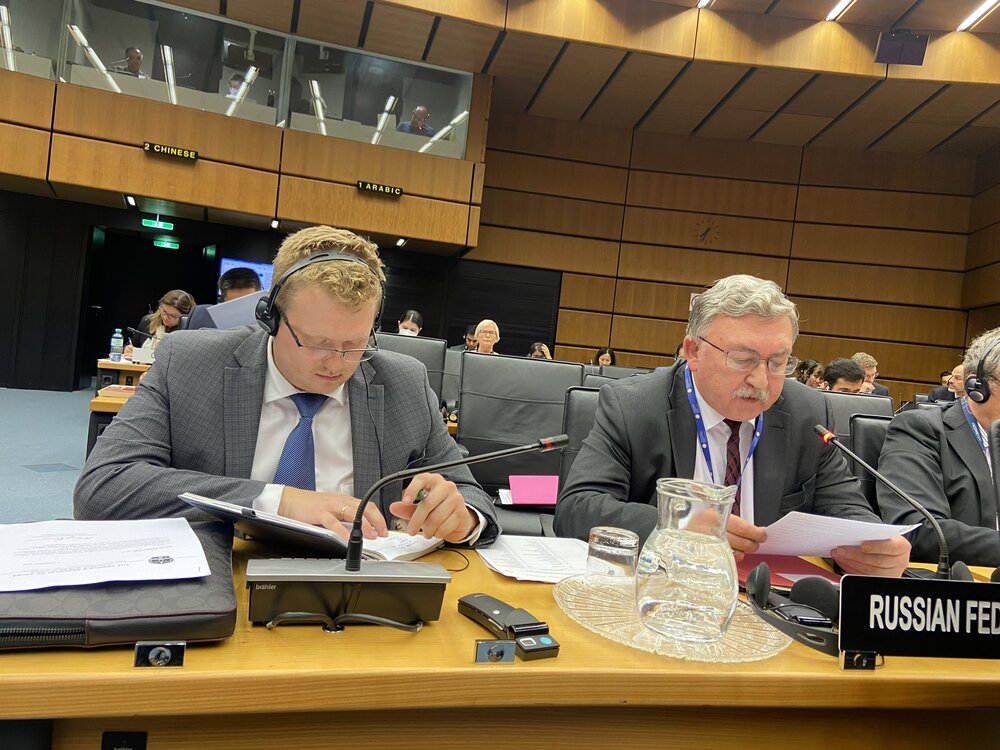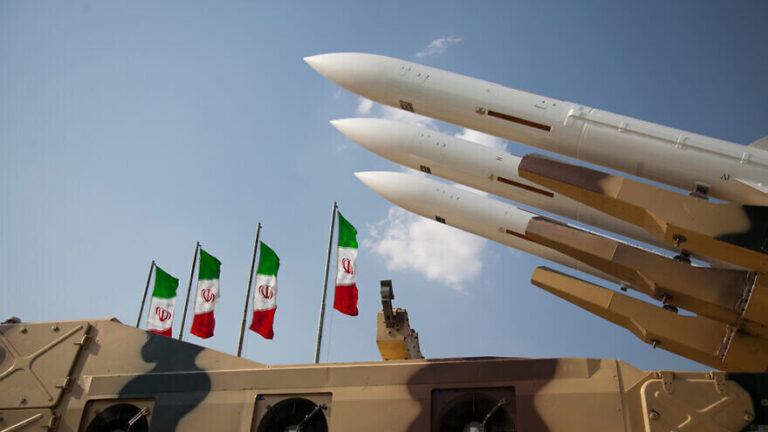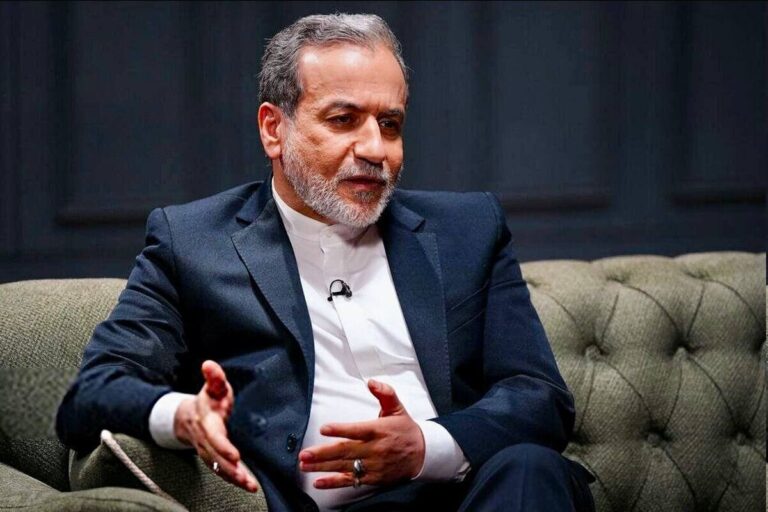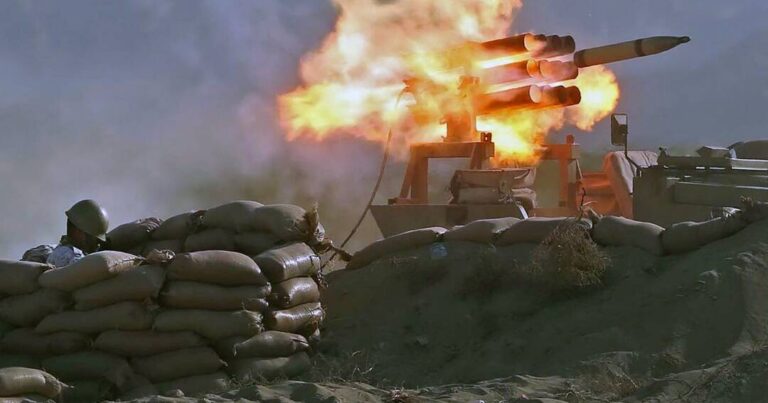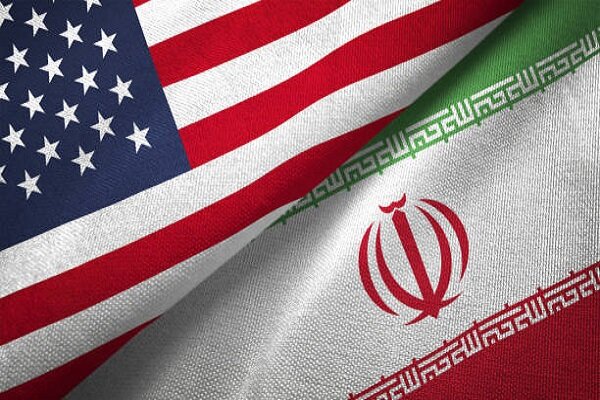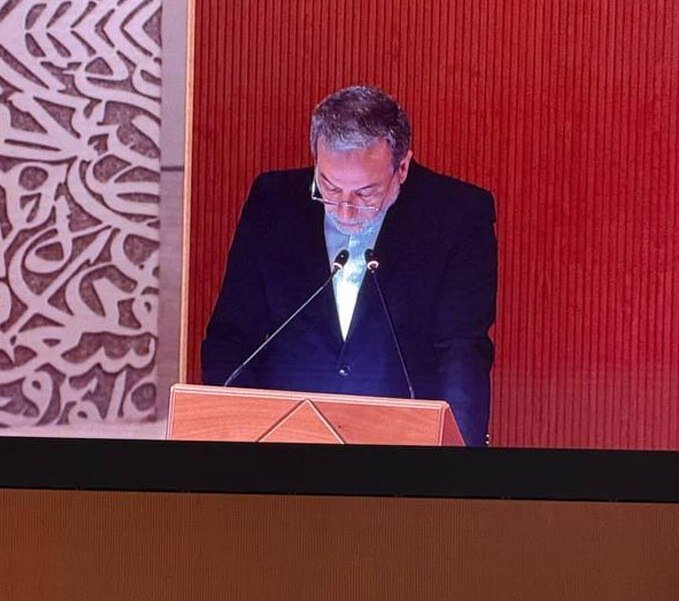Russia Calls on Europe to Halt Snapback Threats Against Iran: A Push for Diplomatic Stability
In a recent development, Russia has criticized the threats made by Britain, France, and Germany regarding the potential re-imposition of sanctions against Iran. This rebuke highlights the escalating tensions surrounding the Iran nuclear deal, officially known as the Joint Comprehensive Plan of Action (JCPOA). Russia’s remarks call into question the motives behind such threats and urge the involved parties to refocus their efforts on diplomatic solutions.
The snapback mechanism within the JCPOA permits any signatory to reinstate United Nations sanctions against Iran if it is deemed to be in violation of the agreement. This provision has become a focal point in the ongoing debate regarding Iran’s nuclear program. However, the geopolitical landscape shifted dramatically in 2018 when the United States unilaterally withdrew from the JCPOA and initiated a “maximum pressure” campaign against Iran. This action left the remaining parties—Britain, France, Germany, Russia, and China—in a precarious position, struggling to uphold Iran’s interests outlined in the deal.
Following the U.S. exit from the agreement, Iran exhibited patience, waiting approximately one year for the European powers to mitigate the adverse effects of the U.S. sanctions. Unfortunately, as these efforts proved ineffective, Iran began to incrementally reduce its nuclear commitments, a move that was within its rights as specified in the JCPOA.
During a session of the International Atomic Energy Agency (IAEA) Board of Governors, Russia’s Permanent Representative to International Organizations in Vienna, Mikhail Ulyanov, expressed strong disapproval of the European trio’s actions. He pointed out that the trio, having breached their obligations under UN Security Council Resolution 2231 and the JCPOA, now seeks to penalize Iran for their own failures in reviving the deal.
Ulyanov stated, “We have drawn attention to the threats of Great Britain, Germany, and France to use the ‘snapback’. We consider such rhetoric not only irresponsible, but also unlawful.” He further advised the European nations to cease their focus on the “phantom pains” associated with the snapback mechanism and instead, channel their efforts toward finding a political and diplomatic resolution to the situation they have contributed to.
Meanwhile, the European Union’s Ambassador to the International Organizations in Vienna, Carl Hallergard, reiterated the EU’s commitment to a diplomatic solution concerning the JCPOA. Hallergard criticized Iran for escalating the potential for a nuclear proliferation crisis in the region, stating that Iran has “gravely” deviated from its JCPOA commitments. Notably, he did not address the violations of the agreement by the other parties involved.
In addition, Hallergard urged Iran to engage constructively with the IAEA without further delay. He also voiced support for IAEA Director-General Rafael Grossi in his efforts to foster cooperation with Iran, emphasizing the need to resolve urgent issues.
- Russia’s Stance: Russia labels the threats from Britain, France, and Germany as irresponsible and unlawful.
- Snapback Mechanism: The mechanism allows UN sanctions to be reinstated if Iran breaches the JCPOA.
- U.S. Withdrawal: The U.S. exited the JCPOA in 2018, leading to a shift in the dynamics of the agreement.
- Iran’s Response: After a year of waiting for European support, Iran began to reduce its nuclear obligations.
- IAEA Session: Russian officials call for a diplomatic approach rather than punitive measures against Iran.
- EU’s Position: The EU remains committed to finding a resolution while criticizing Iran’s actions.
As the situation continues to evolve, it is evident that the complexities surrounding the JCPOA require a concerted effort from all parties involved. The rhetoric surrounding sanctions and compliance is not just a legal matter but a diplomatic challenge that could have far-reaching consequences for regional stability and international relations.
In conclusion, the ongoing discourse regarding the Iran nuclear deal underscores the importance of collaborative diplomacy. The international community must navigate these challenges with care, seeking to uphold commitments and work towards a peaceful resolution. The dialogue between the involved nations remains crucial in determining the future of the JCPOA and the broader implications for global security.
